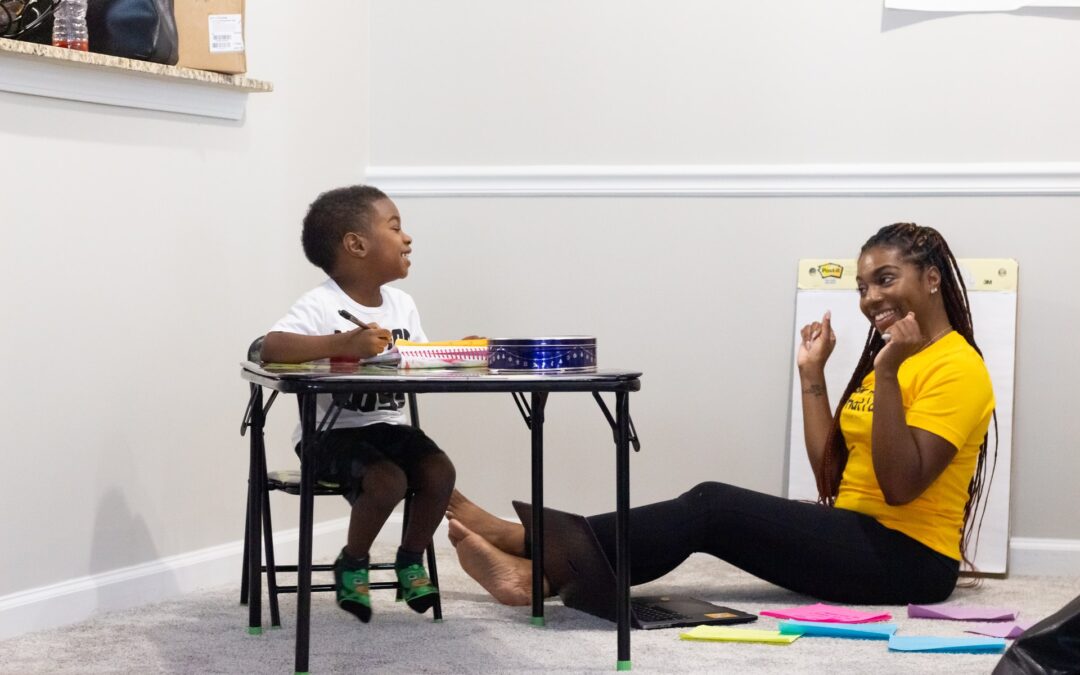Access to justice for children is defined by UNICEF as “the ability of children to obtain a remedy when their rights are being violated, not respected or denied”. Children, like their adult counterparts, have rights and disputes that require legal remedies. Due to the nature of a child, children usually do not have the ability to obtain a legal remedy on their own. In this case, parents and/or guardians take on the duty to represent the children and to ensure that their rights are not violated.
The same goes for teachers when a child is attending school. The teacher assumes the role of in loco parentis and takes on the obligation of the parent or guardian to take care of the child. This means that a teacher is responsible for protecting the child and acting in the best interest of the child. It goes without saying that the teacher also bears the responsibility to protect the child from external harm i.e. a child who has been neglected at home.

This can mean that if a teacher is of the view that the child might be a victim of neglect, regardless of where it happens, they have a duty to protect that child and ensure that the child’s rights are not abused. South Africa has mandatory reporting laws that prescribe how children can be protected.
Mandatory reporting laws
South African lawmakers recognise the necessity to protect children. As a country with the highest level of abuse and violence, it is not a far-fetched assumption that children are directly affected by neglect and abuse.
The United Nations Convention on the Rights of the Child makes provision for protective and preventative measures. This includes the reporting of child abuse, neglect and maltreatment. Section 28(1)(d) of the South African Constitution states that every child has the right to be protected from maltreatment, neglect, abuse or degradation. The Children’s Act in S110(1) makes reporting mandatory and prescribes certain groups of people with a mandatory duty to report abuse and/or neglect of children. The section reads as follows: “…teacher…who on reasonable grounds concludes that a child has been abused in a manner causing physical injury, sexually abused, or deliberately neglected, must report that conclusion in the prescribed form to a designated child protection organisation, the provincial department of social development or a police official.”
A teacher has a duty to report if a conclusion is drawn on reasonable grounds that a child is being neglected. I believe that a reasonable ground is a fair standard to ensure that there is limited space for mala fide reporting or reporting in bad faith. In terms of the Children’s Act, teachers have a duty to report neglect that occurs outside the school or at home. S89 of the Children’s Act further instructs that those who work at partial-care facilities must immediately report injury or abuse to the relevant authorities should it happen at the facility.
Are mandatory reporting laws working?
Legislation is clear on the matter of mandatory reporting. However, there are barriers to reporting, especially in cases where neglect takes place outside the school. Mildred Bekink (2021) identified three barriers to reporting:
• Lack of understanding in reporting legislation and hard evidence;
• Concerns regarding legal consequences; and
• Lack of faith in child protection services.
To overcome the above barriers, it is important that teachers are kept abreast of proper guidelines and procedures to reporting. This can be achieved by providing training to teachers and information about the laws governing the topic. Schools may also work closely with social services and the police services to ensure that reporting is seamless and necessary followups are done. To achieve trust in the system, teachers must be educated about the laws and perceive the protections afforded to children as being viable.





